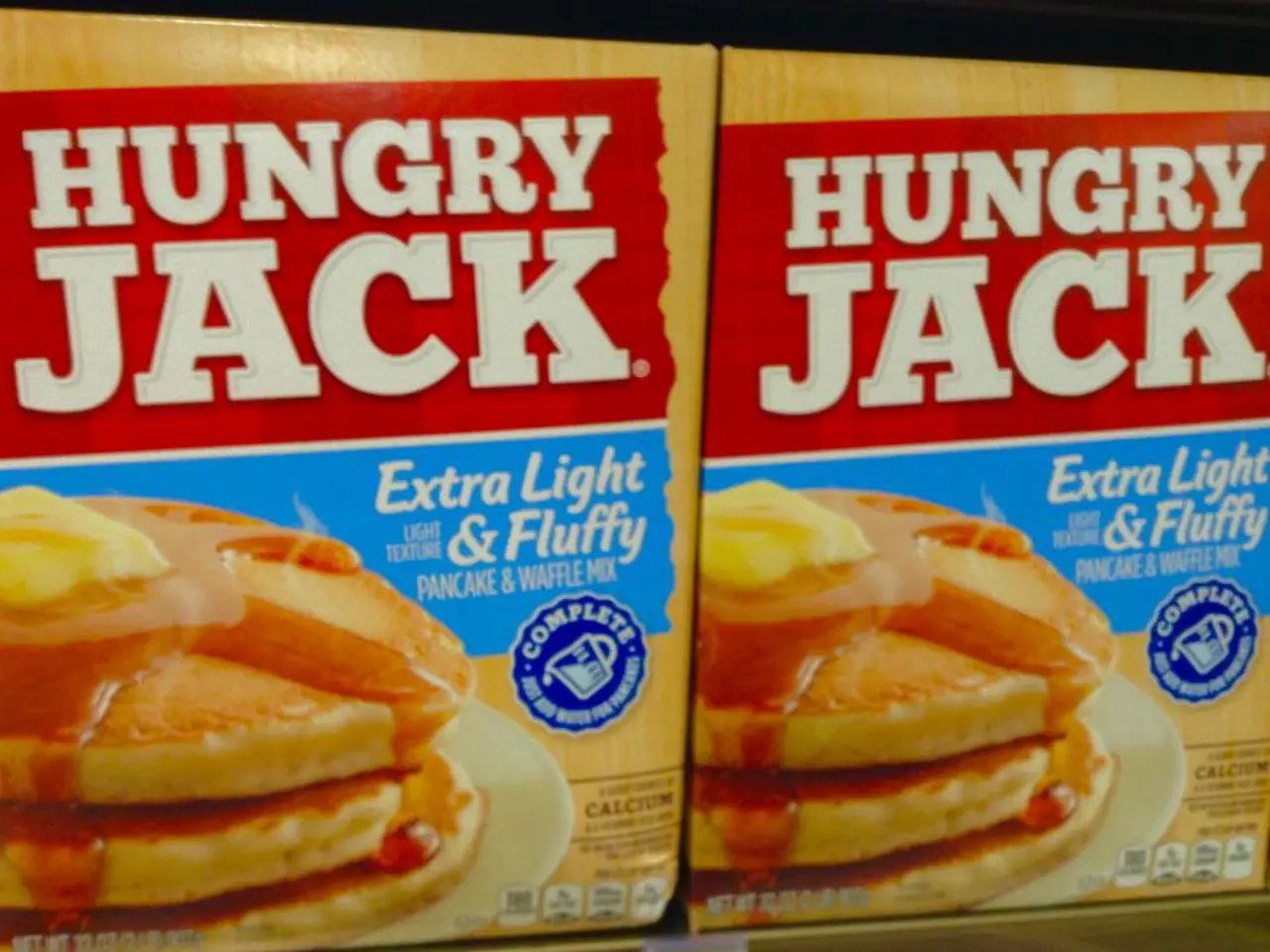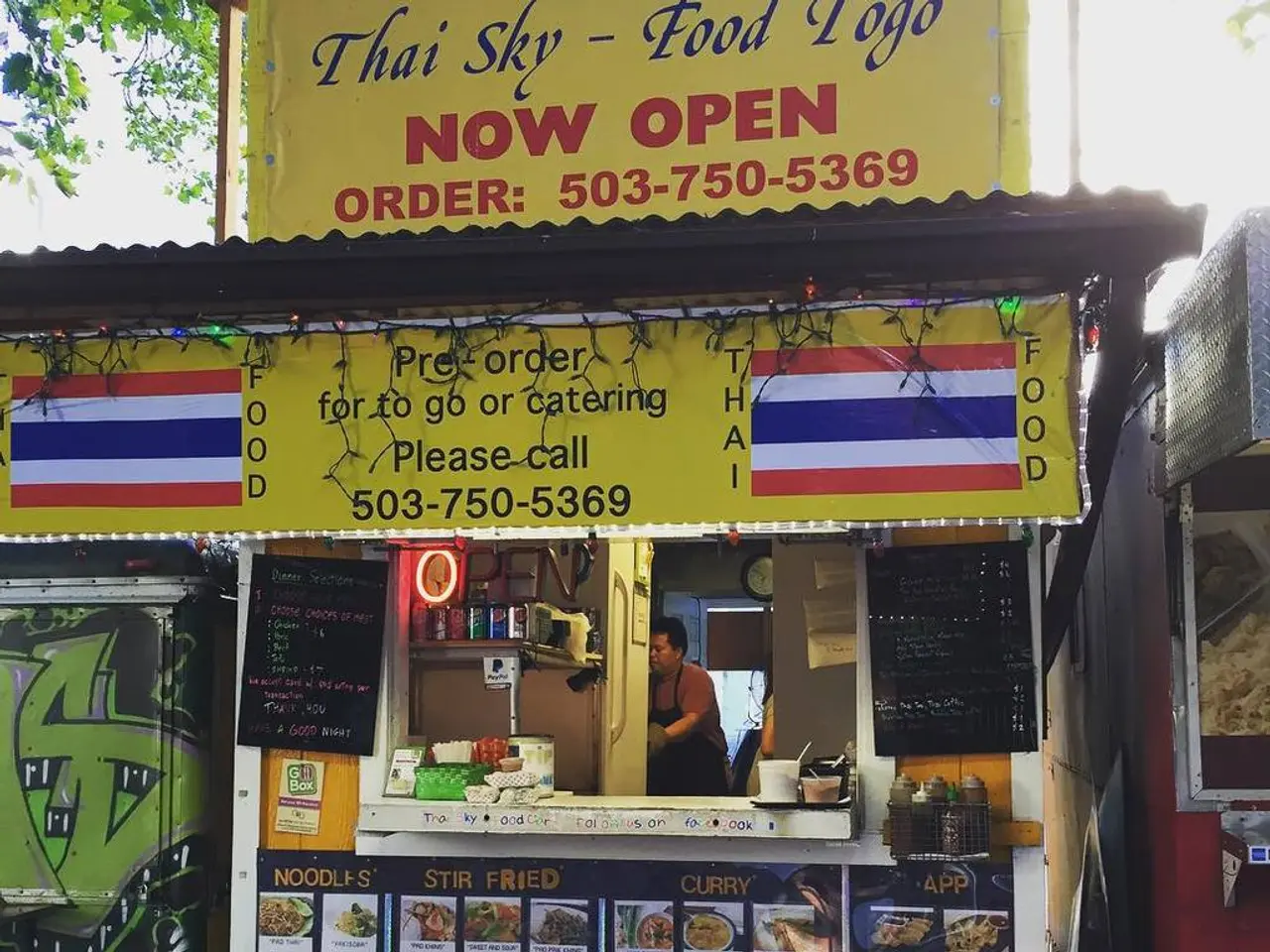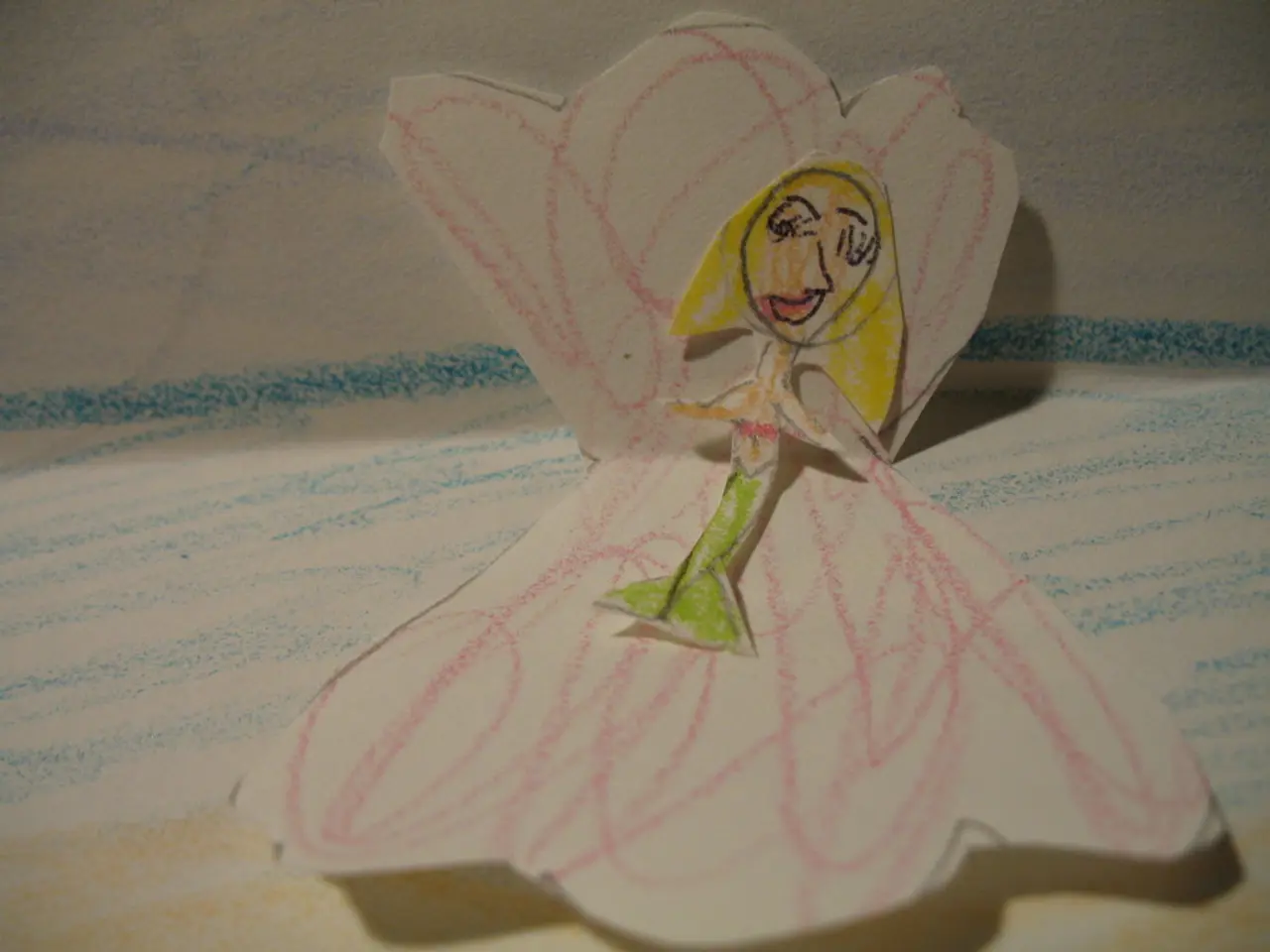Trademark Authority Rejects Parody Argument in Lawsuit: BLACKBERRY vs CRACKBERRY
In the world of trademarks, parody defenses often take a back seat to the prevention of consumer confusion. This was evident in a recent decision by the Trademark Trial and Appeal Board (TTAB), which focused on the likelihood of confusion between marks rather than the intentions or humorous nature behind the challenged mark.
Last week, the TTAB issued a precedential decision in the BlackBerry trademark holder's opposition to the registration of the mark CRACKBERRY. The Board found a likelihood of confusion between CRACKBERRY and BLACKBERRY for all of the parties' goods and services, including marketing services, computer services, electronic bulletin boards, chat rooms, and apparel items. The CRACKBERRY mark was refused registration for these services, except for apparel.
This reasoning aligns with broader principles in trademark law, where parody defenses are limited and often unsuccessful in administrative trademark opposition proceedings. For instance, the TTAB's decision mirrors the cases STARBUCKS v LESSBUCKS for coffee and CLOSE ENCOUNTERS OF THE THIRD KIND (T-shirts) v CLOTHES ENCOUNTERS (clothing).
The focus on consumer confusion is not limited to the TTAB. Last year, the U.S. Court of Appeals for the Federal Circuit blocked adidas from registering a trademark that sounds confusingly similar to a trademark that a small church had registered before. Similarly, General Mills, the maker of Cheerios, has been trying for the past two years to trademark the color yellow for Cheerios boxes, but the TTAB has yet to approve the application.
In some cases, the First Amendment considerations are not as strong in the proceedings to register a trademark as they are in the right to merely use a trademark. Kylie Minogue, for example, recently opposed Kylie Jenner's attempt to trademark the word "KYLIE" for advertising, endorsement, and entertainment services. However, the outcome of this battle is yet to be determined.
In the end, the protection of trademark owners' rights often takes priority over expressive intent behind the mark. This is evident in the TTAB's rejection of the parody defense in the BlackBerry trademark holder's opposition to the registration of the mark CRACKBERRY. The TTAB noted that the center of balance changes when the risk of confusion of source, affiliation, approval, or endorsement by the source of the known expression outweighs the newcomer's claim to the right to adopt and register a humorous moniker.
- The TTAB's rejection of the parody defense in the BlackBerry trademark case displays how technology-based trademarks often prioritize the prevention of consumer confusion over creative intent.
- In the realm of trademark law, technology-related marks, such as BlackBerry, CRACKBERRY, and even color trademarks for packaging, are held to a high standard of consumer protection, often diminishing the success of parody defenses and prioritizing the rights of trademark owners.




